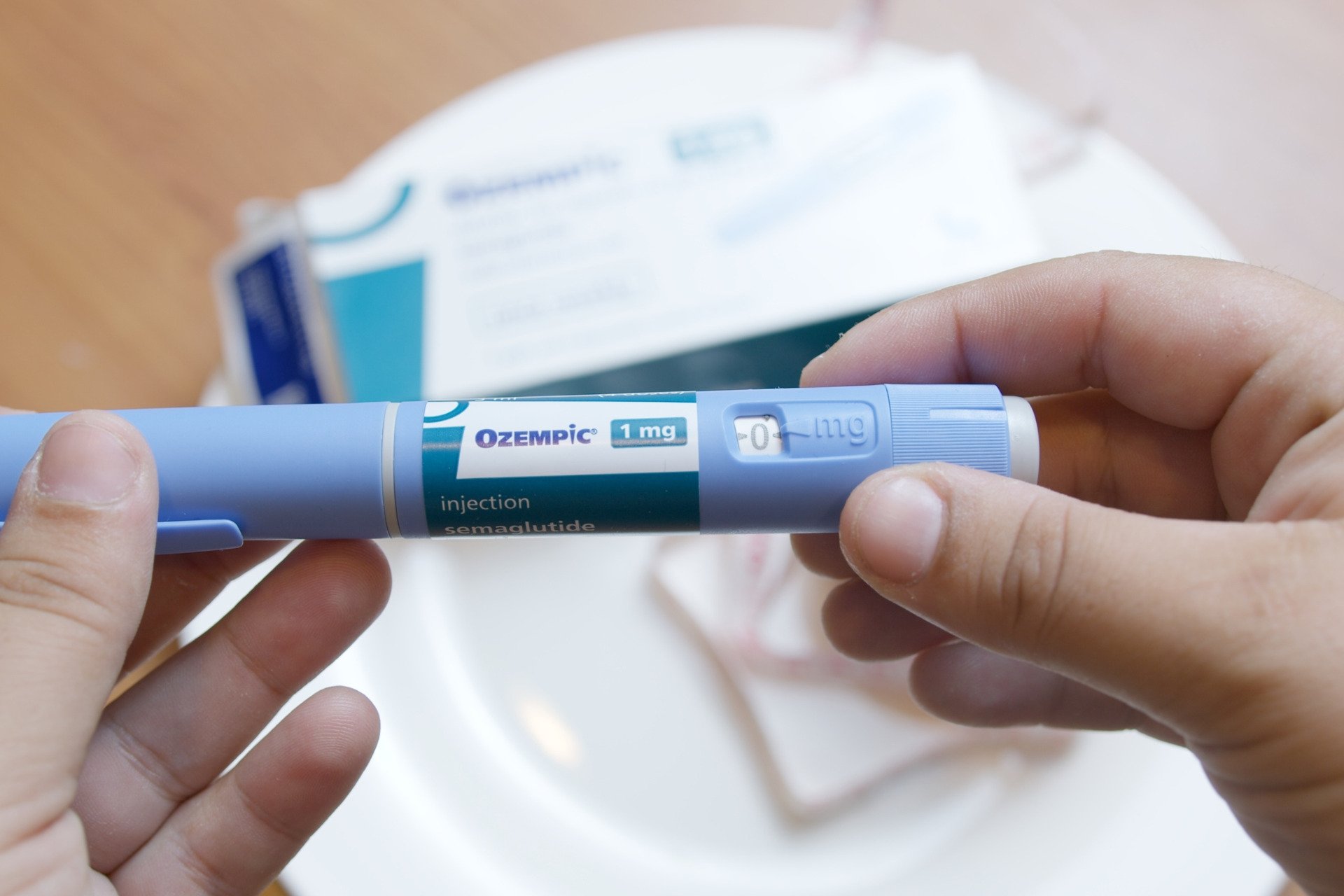A recent study indicates that the effectiveness of GLP-1 agonists, such as Ozempic and Wegovy, may vary significantly based on the reasons behind overeating. Researchers in Japan examined 92 individuals with type 2 diabetes during their first year of treatment, revealing that emotional eaters might not experience the same benefits as those who overeat due to external stimuli.
The findings, published in Frontiers in Clinical Diabetes and Healthcare, highlight how different motivations to overeat can influence the response to these medications. According to the study’s senior author, Daisuke Yabe, a professor of diabetes, endocrinology, and nutrition at Kyoto University, assessing eating behavior patterns prior to treatment could help predict which patients will benefit most from GLP-1 receptor agonist therapy.
Research Findings on Eating Behaviors
The research team gathered comprehensive data on the participants, including body weight, dietary habits, and health indicators like blood glucose and cholesterol levels. They categorized eating behaviors into three types: emotional eating, which occurs in response to negative emotions; external eating, driven by the sight or smell of food; and restrained eating, characterized by efforts to control food intake for weight loss.
Over the course of the year, participants generally experienced a significant reduction in body weight, cholesterol levels, and body fat percentage, while skeletal muscle mass remained unchanged. Improvements in blood glucose levels were observed, although they did not reach statistical significance. Participants reported increased restrained eating and reduced emotional and external eating after three months of treatment. However, by the end of the year, many reverted to their previous eating habits.
Takehiro Kato, a researcher from Gifu University and the study’s second author, noted that emotional eating is often influenced by psychological factors that GLP-1 receptor agonist therapy may not directly address. He emphasized that individuals with strong tendencies toward emotional eating might benefit from additional behavioral or psychological support.
Implications for Future Treatments
The study demonstrated that participants who initially reported high levels of external eating gained the most from the treatment, with notable improvements in blood glucose levels and weight loss. In contrast, no significant correlation was found between emotional or restrained eating scores at the start and the benefits experienced after 12 months.
Yabe cautioned that while the study suggests a link between external eating behaviors and treatment efficacy, these findings are preliminary. As the research was observational and relied on self-reported data, establishing causation remains a challenge.
“Further evidence is necessary before these insights can be applied in clinical practice,” Yabe stated. “If future large-scale or randomized controlled trials support this relationship, incorporating simple behavioral assessments could enhance treatment strategies for patients.”
The study raises important considerations for healthcare providers treating diabetes, particularly regarding the psychological factors that may affect medication response. By identifying and addressing these factors, clinicians could develop more tailored approaches to treatment that consider the unique needs of each patient.
